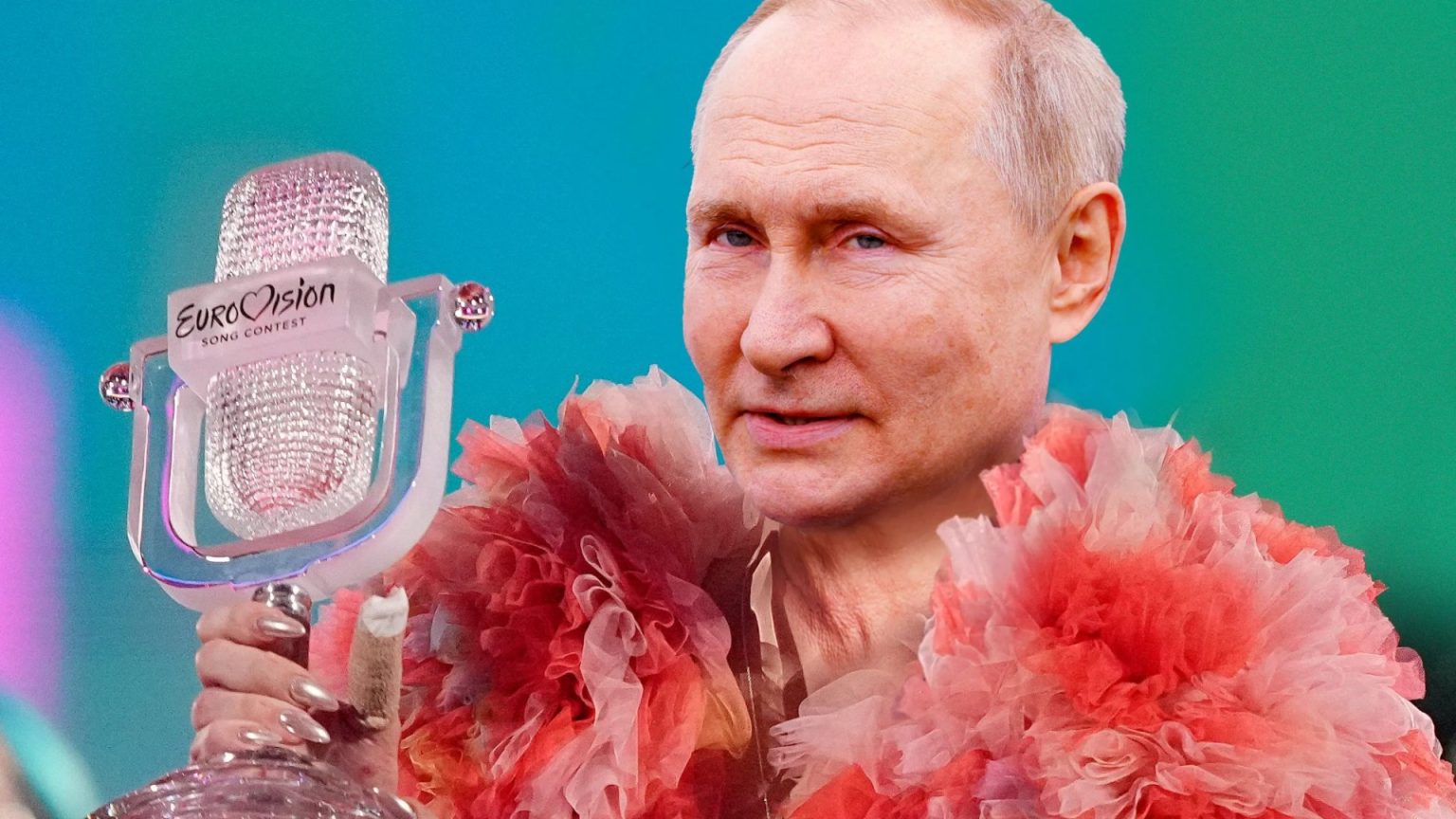Vladimir Putin, the President of Russia, has initiated the creation of a new international song contest named “Intervision,” intended as a rival to the globally popular Eurovision Song Contest. This move comes after Russia’s exclusion from Eurovision following the invasion of Ukraine in 2022, and reflects a broader trend of Russia distancing itself from Western cultural institutions. Putin’s decree establishes the contest, which will be hosted in Moscow, and has garnered support from several countries, including North Korea, Iran, Cuba, and Venezuela, as well as purported backing from China. The competition is designed to promote what the Russian government describes as “traditional universal, spiritual and family values,” and reportedly prohibits performances with political themes or content deemed to promote violence or homosexuality.
The name “Intervision” is not new; it harkens back to two prior attempts by the Soviet Union to establish its own international song contest during the Cold War era. These earlier iterations, also named Intervision, ran intermittently between 1965 and 1980, and involved participation primarily from Eastern European nations and allied countries like Cuba. The details of the revived Intervision’s format remain somewhat unclear, but early reports suggest it will offer performers a four-minute stage slot to sing in any language, with a prize for the winner and a subsequent tour. The specific voting system, however, is yet to be revealed, leaving open the possibility of resurrecting the unusual method employed in the original Intervision, where viewers voted by switching their lights on and off, and the results were measured by fluctuations in electricity consumption.
Putin’s decision to revive Intervision appears to be driven by multiple factors, including a desire to create a cultural platform aligned with Russia’s ideological and political stance, as well as a response to Russia’s exclusion from Western cultural events. The competition’s emphasis on “traditional values” and the reported ban on LGBT performers starkly contrasts with the often flamboyant and diverse nature of Eurovision, which has celebrated various forms of artistic expression and inclusivity. The 2014 victory of Austrian drag queen Conchita Wurst, coincidentally the same year Russia annexed Crimea, is often cited as a potential turning point in Putin’s perception of Western cultural values. The planning document for Intervision explicitly forbids songs promoting violence, humiliation, or political themes, signaling a clear departure from the more open and at times politically charged content seen in Eurovision.
This initiative follows a pattern of Russia seeking alternative platforms to Western-dominated institutions, reflecting a growing cultural and political separation. Another example of this trend is Putin’s earlier attempt to establish the “World Festival of Friendship” as a rival to the Olympic Games, from which Russia was also banned following the invasion of Ukraine. However, that project was ultimately postponed indefinitely after initial delays. Russia’s participation in Eurovision spanned 23 years from 1994 until its ban in 2022, and the country’s exit marks a significant shift in its cultural engagement with Europe. Intervision, therefore, represents not only a substitute for Eurovision but also a symbolic manifestation of Russia’s increasing isolation from the West.
The political context surrounding Intervision is undeniable. It comes amidst heightened tensions between Russia and the West, following the invasion of Ukraine and subsequent sanctions imposed on Russia. The choice of participating nations, including countries often at odds with Western powers, reinforces the perception of Intervision as a counterpoint to Western cultural influence. The explicit rejection of themes and values associated with Western liberalism, such as LGBT rights and political expression, further solidifies this interpretation. Whether Intervision will achieve the same level of international recognition and popularity as Eurovision remains to be seen. Its success will depend on various factors, including the quality of participating artists, the appeal of the format, and the level of international engagement it attracts.
The future of Intervision is uncertain, but its emergence offers a glimpse into the evolving cultural and political landscape. It signifies Russia’s attempt to forge its own path, distinct from Western cultural norms and institutions, and to cultivate alliances with countries sharing similar ideological perspectives. The competition’s emphasis on “traditional values” and its restrictions on content reflect a broader trend of cultural conservatism within Russia and its allied nations. Whether Intervision will become a viable alternative to Eurovision or remain a niche event for a select group of countries is a question that only time will answer. However, its creation undoubtedly marks a significant development in the ongoing cultural and political realignment taking place on the global stage.


